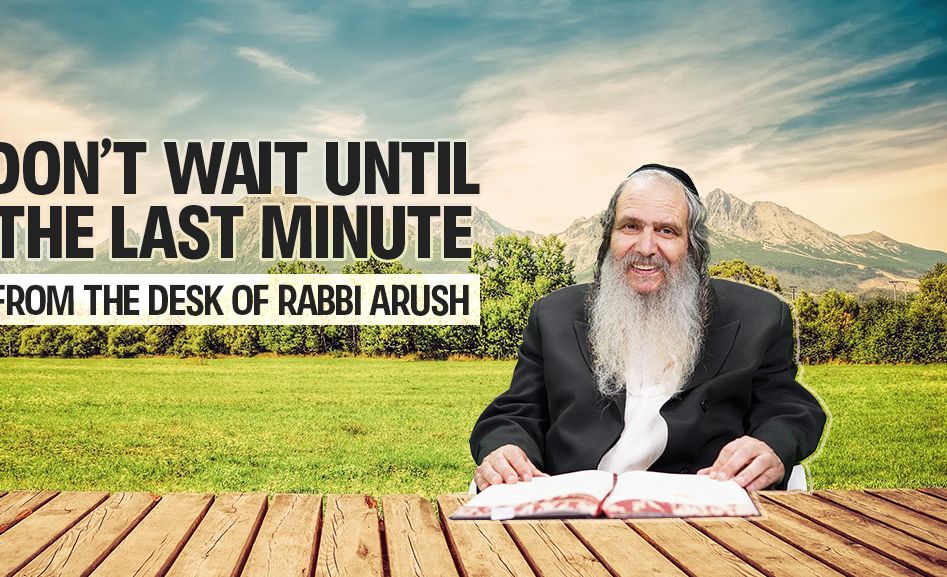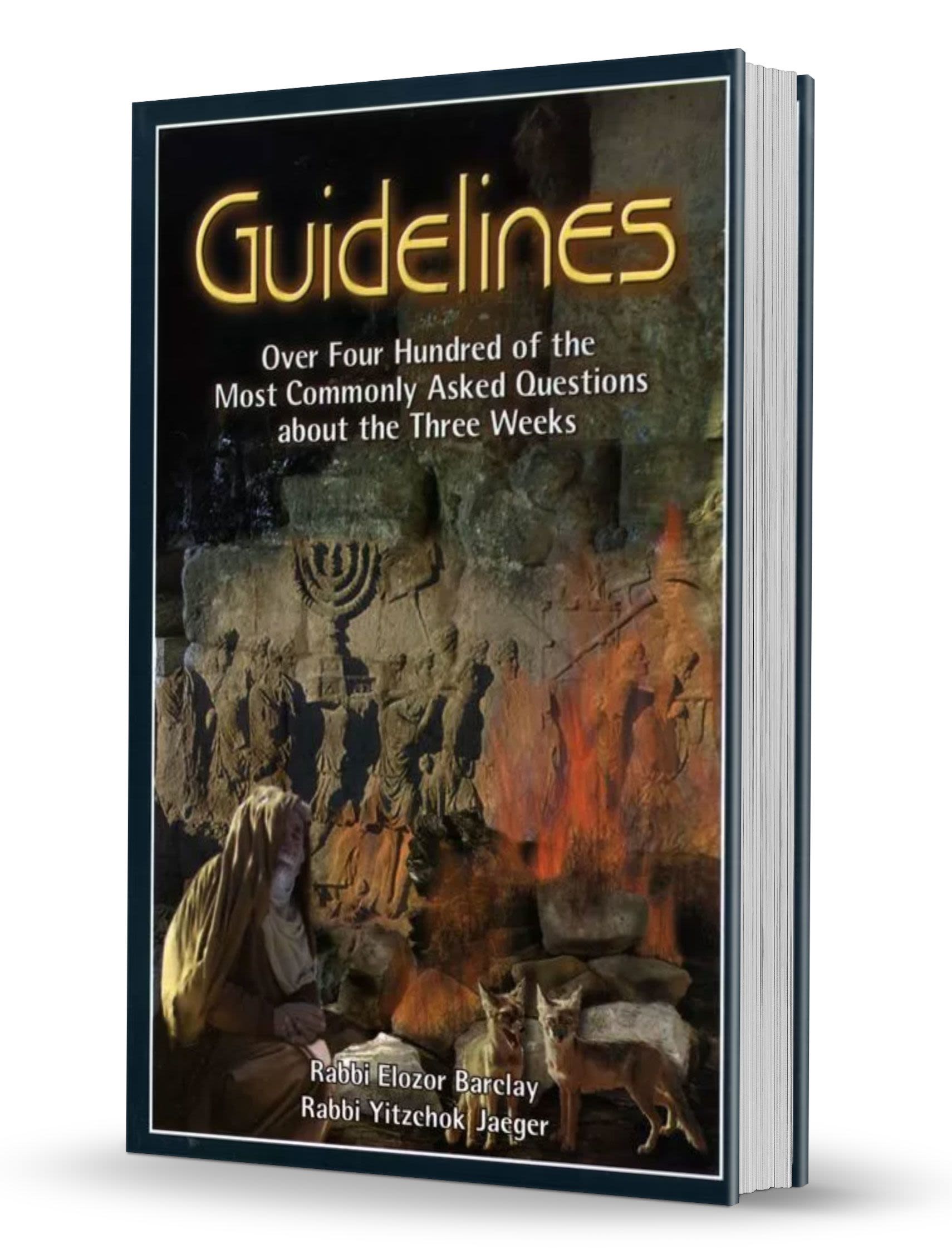Tzom Gedaliah (Fast of Gedaliah) is an annual fast day instituted by the Jewish Sages to commemorate the assassination of Gedaliah Ben Achikam, the Governor of Israel during the days of Nebuchadnezzar, King of Babylonia.
When Nebuchadnezzar destroyed the Temple’s Sanctuary in Jerusalem and exiled the Jewish people to Babylonia, he allowed an impoverished remnant to remain in the land. He appointed Gedaliah Ben Achikam as their Governor. Many Jews who had fled to Moav, Ammon, Edom, and other neighboring lands returned to the land of Yehudah, tended the vineyards given to them by the king of Babylonia, and enjoyed a new respite after their earlier oppression. Gedaliah ben Achikam, as the appointed governor of Jews who returned to Eretz Yisrael, ensured Jewish submission to Babylon in exchange for partial autonomy in Eretz Yisrael.
The King of Ammon however – hostile and envious of the Judean remnant – sent a loyal Jew, Ishmael Ben Netaniah, to assassinate Gedaliah. In the seventh month (Tishrei), Ishmael came to Gedaliah in the town of Mitzpa, and was received cordially. Gedaliah had been warned of his guest’s murderous intent, but refused to believe his informants in the belief that their report was mere slander. On Rosh Hashanah, Ishmael came to Gedaliah with ten men, ostensibly to celebrate the holiday with him. While they were eating together, Ishmael and his men got up and killed Gedaliah, as well as all the other Jewish men and Babylonian soldiers who were present. This treachery was followed by more bloodshed.
Fearing Babylonian reprisal, the Jews in Eretz Yisrael turned to the prophet Jeremiah for advice. Should they flee to Egypt with it’s morally decadent society? On Yom Kippur, Jeremiah advised them that if they stayed in Eretz Yisrael, Hashem would make the Babylonians be merciful to the Jews and allow even more Jews in Babylonia to return to Eretz Yisrael. He also warned them – any Jews who decided to go to Egypt would be killed there.
The Jews had no faith in Jeremiah’s words, and they fled to Egypt. No Jews remained in Eretz Yisrael. Several years later, Nebuchadnezzar conquered Egypt and massacred all Jews there.
The fast is observed on the day immediately following Rosh Hashanah, the third of Tishrei. In the Prophetic Writings this fast is called ‘The Fast of the Seventh’ in allusion to Tishrei, the seventh month.
There is an opinion that Gedaliah was slain on the first day of Tishrei, but the fast was postponed till after Rosh Hashanah, since fasting is prohibited during a festival. Concerning this fast day, the Rabbis have said that its aim is to establish that the death of the righteous is likened to the burning of the house of our God. Just as they ordained a fast upon the destruction of the Sanctuary, likewise did they ordain a fast upon the death of Gedaliah.
When Rosh Hashanah falls on Thursday and Friday, the fast is postponed till Sunday, since no public fast is observed on Shabbat with the exception of Yom Kippur.
The fast is observed from daybreak till the stars appear at night. The cantor includes the prayer Anenu (Answer us) in the repetition of the Shacharit amidah. A Torah Scroll is removed from the Ark, the Thirteen Divine Attributes are said and the passages of Vayechal (Shemot 32:14 and 34:1-10) are read from the Torah.
What does the Fast of Gedaliah mean for us today?
A fast day is described as “a day of Divine goodwill.”(Yeshayahu 58:5) This good will is especially so when it occurs during the Ten Days of Repentance.
The great majority of the Jewish people were exiled in Babylon, the Temple was destroyed, and a fellow Jew murdered the governor! Consequently, the small remnant of Jews living in Eretz Yisrael faced annihilation. Their situation was as desperate as possible. Yet, they turned to the prophet Jeremiah for advice during the Ten Days of Repentance. Unfortunately, the Jews did not have emunat tsaddikim (emuna in righteous leaders), so they did not trust that Hashem would save them in Eretz Yisrael. They felt safer trusting the Egyptians to protect them rather than trusting Hashem!
According to some opinions, Gedaliah stemmed from the House of David and was the last member of that royal family who commanded authority over Eretz Yisrael. This links this “day of Divine good will” with the Davidic dynasty.
During these days, Hashem will have mercy on His people and save them – IF they listen to Him and follow the voice of His tsaddikim. As Rabbi Arush teaches – If you fear One (Hashem), you fear no one. Rather than relying on political alliances, treaties, and “understandings”, our entire emuna must be in Hashem alone.
As it is written in Zechariah 8:19, Tzom Gedaliah is one of the four fasts that will be converted to joy and feasting with the arrival of Mashiach. May it happen in our days!












